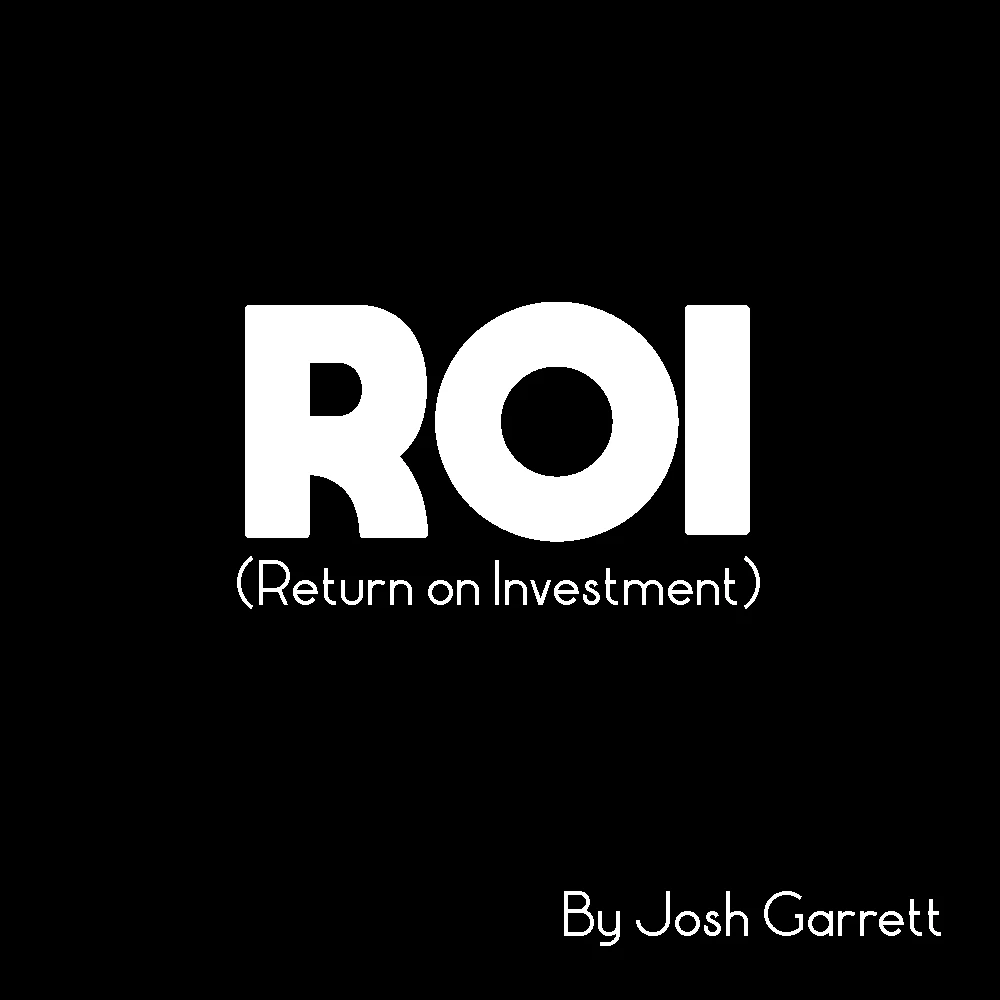What is ROI?

Return on Investment (ROI) is a crucial metric that businesses use to evaluate the financial profitability of an investment. It measures the gain or loss generated relative to the amount of money invested. In this blog post, we will explore the concept of ROI, its importance in decision-making, and strategies for maximizing ROI across various domains.
Why should you analyse ROI?
ROI serves as a powerful tool for decision-making, allowing businesses to assess the potential benefits and risks associated with an investment. It helps in prioritizing projects, optimizing resource allocation, and identifying areas for improvement.
For instance, ROI can be used to calculate the profitability of an investment by comparing the expected returns with the costs associated with the investment. With the knowledge of risks and returns, making decisions becomes easy.
How to maximise your Return on Investment.
1. Clear Goal Setting:
Establishing clear and specific goals is crucial for maximizing ROI. By defining the desired outcomes, businesses can align their investment strategies accordingly and measure success accurately.
2. Thorough Market Research:
Conducting comprehensive market research enables businesses to identify lucrative opportunities and potential risks. Understanding customer needs, market trends, and competitive landscapes helps in making informed investment decisions.
3. Effective Risk Management:
Managing risks is essential for maximizing ROI. Evaluating potential risks, developing contingency plans, and implementing risk mitigation strategies can safeguard investments and enhance overall returns.
4. Continuous Monitoring and Analysis:
Regular monitoring and analysis of investments are essential for optimizing ROI. By tracking key performance indicators, businesses can identify areas of improvement, make necessary adjustments, and capitalize on emerging opportunities.
ROI in real life.
The concept of Return on Investment is not only useful in business; it can also be applied to everyday life if you decide to do something. It does not have to be just money, but time, energy, and resources as well. If you decide to do something, you should check your Return on Investment.
Let me give you an example. Let’s say that you run for 1 hour everyday. It’s very challenging, energy consuming but what do you get in return? A fit body, a healthy mind and a healthy heart. That seems like a wise investment of your time and energy.
Now say you go out and eat burgers every day. Obviously without analysing the ROI you would know that its not the right decision. You spend time going out to eat and you lose both money and your fitness. Obviously, it was a wrong decision.
ROI is crucial for descion making and actually thinking about your ROI would help you a lot in your job as well as real life.